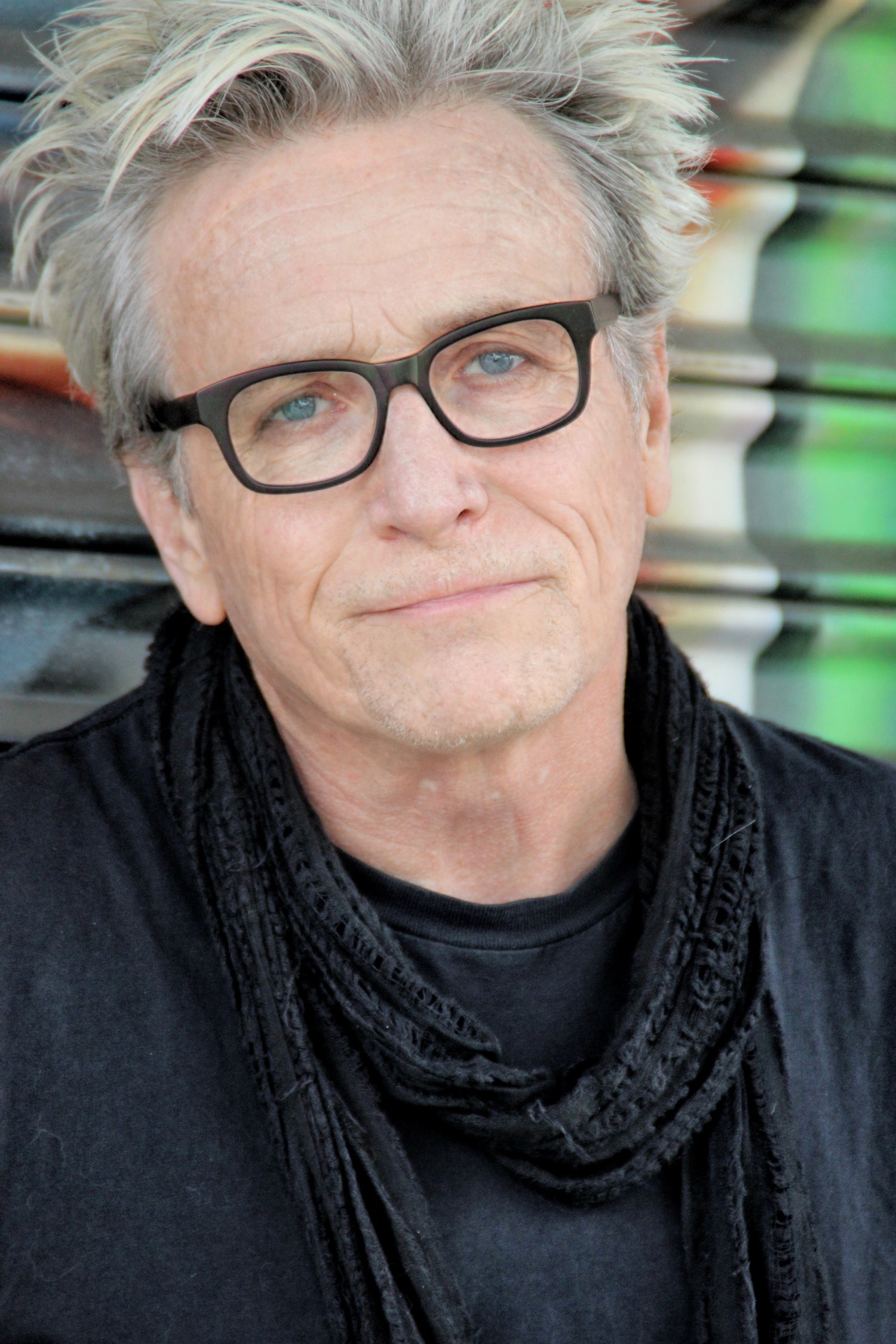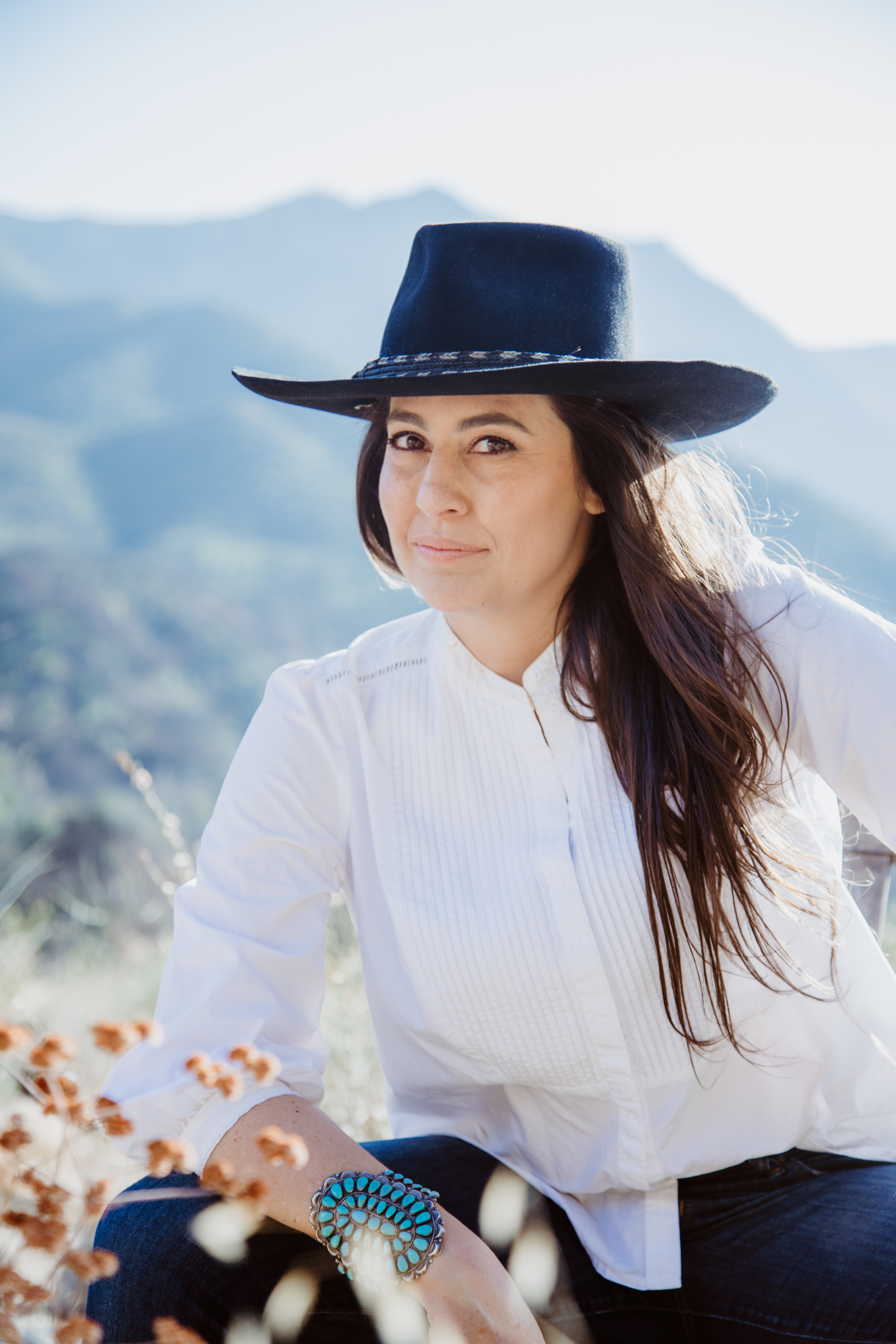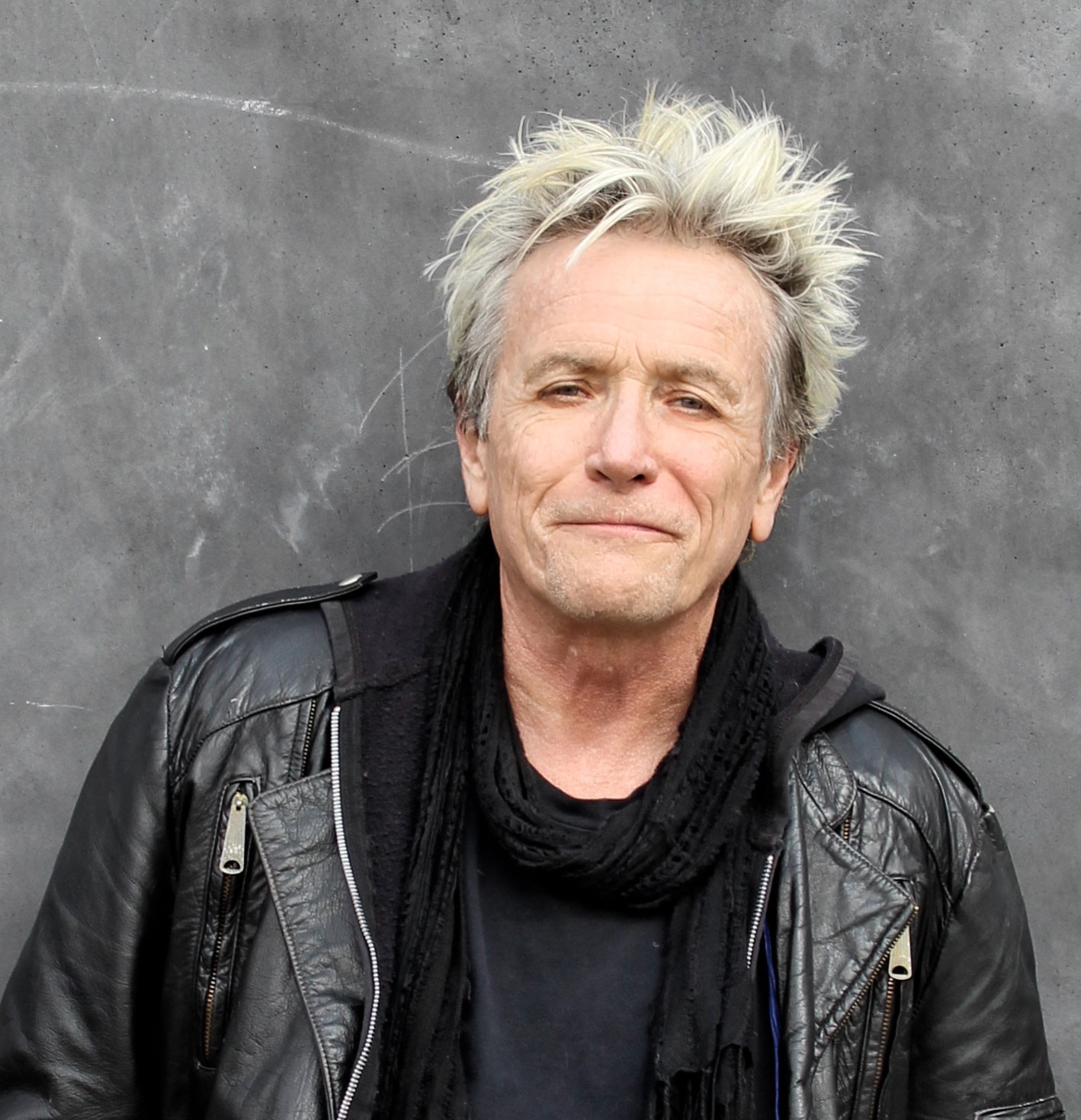I had the pleasure of interviewing Patrick O’Neil, Group Facilitator and Narrative Therapist at CAST Centers in West Hollywood, California. For the past 17 years he has lived and worked in the recovery community as a recovering addict/alcoholic, a drug and alcohol counselor, and a college instructor. He is the author of the memoir, Gun, Needle, Spoon, which chronicles his descent into addiction and the ensuing journey to regain his life.
Thank you so much for joining us! Can you tell us a story about what brought you to this specific career path as a doctor or healer?
I was a long-term intravenous heroin addict. I spent the majority of my adolescence and early adulthood under the influence. I come from a family of successful well-educated people where there weren’t any addicts and certainly not any heroin addicts; my father is an M.I.T. professor; my mother was a social worker. I had successful careers in the art world and music industry.
When at age 40 I found myself incarcerated I literally asked myself, “how did this happen?” Not the how did this happen that I’m in jail, but the “how did my life fall so far off the rails?” It was then I made the decision I would do whatever it took to change my life’s trajectory. After my own stint in rehab and eventually getting sober, I realized in order to stay focused on my own program of recovery I needed to help others and be of service to the still struggling addict/alcoholics.
How have your personal challenges informed your career path?
Getting sober is a process of self-discovery and significant change. I didn’t just stop using substances and call it a success. I had core beliefs that were unhealthy and detrimental to myself and others. I had to address the way I thought and the values I held as my truths. Having the willingness to be honest, practice integrity, and be in acceptance was fundamental in initiating these internal changes. Finding the humility and gratitude deep within me is now a life long practice, and all of the above principles are what guide me with helping others find their own way to sobriety.

Can you share five pieces of advice to other doctors/clinicians/healers to help their patients to thrive?
Passion: I encourage my clients to discover and embrace their creativity and to pursue their passion in whatever medium, occupation, or career it may present itself. I firmly believe that through writing, art, theater, music, and dialogue, we can address self-defeating inner issues and bring about positive change. When the client achieves sobriety there is a huge part of their lives, the time they spend getting loaded, that is now just down time and rife for boredom or the kind of non-productivity that could easily lead to relapse; “I didn’t get sober to just work a nine to five job” etc. When an activity the addict/alcoholic is passionate about is introduced into their schedule and routine there is no longer a downtime or boredom to content with and put them at risk.
Patience: Abusing drugs and alcohol is the addict/alcoholics’ natural state; being in sobriety is not. Expecting clients to “just get it” is unrealistic. Abstinence takes time and patience. As a clinician one has to accept that some clients may need to make numerous attempts at getting clean before they can achieve sobriety. Not giving up on the hard cases is difficult, but needed. You never know when the “light” will go on and that patient of yours will finally understand what they need to do.
Creativity: Recovery is not a “cookie-cutter/one size fits all” solution. Not every client is able to achieve sobriety through a 12 steps based program. But this doesn’t mean they can’t succeed in sobriety. While the 12 step programs do have the highest success rates, there are clients that find it too confining/conforming. Yet to stay clean a client needs a healthy support system and a safe place to process their issues. This support system could be as simple as a therapist and a meditation group. As clinicians we need to find the solution that works for each clients specific needs.
Integrity: I have been clean and sober since January 8th, 2001. During that time I have been a member in good standing of Narcotics Anonymous and Alcoholics Anonymous. In order to stay in sobriety I have also worked with a therapist, nutritionists, and numerous health practitioners. I have experienced a majority of the issues my clients have and I have sought out whatever solution was required to address them so that I can continue to be clean and sober and healthy. I talk the talk and walk the walk and provide an living breathing example of what recovery looks like to my clients so that sobriety is more than just some theory or ideal.
Honesty: I am up front and honest with all my clients. I give them the full aspect of the reality of their success in sobriety or their possible relapse if they continue to engage in their behaviors. I don’t sugar coat the hard work that is in front of them. By being transparent there is no misunderstanding and the client can start to trust in the process by putting in the needed work and gaining results.
Social media and reality TV create a venue for people to share their personal stories. Do you think more transparency about your personal story can help or harm your field of work? Can you explain?
More transparency can only help the recovery field. With addiction/alcoholism there is an overwhelming sense of failure, shame, and hopelessness in the non-recovering addict/alcoholic. Seeing other addicts and alcoholics that have successful stories of maintaining sobriety gives struggling addicts/alcoholics hope and a possible, “if they can do it so can I” moment. I have written a memoir detailing my personal “recovery” story so I am about as transparent as possible even without social media. However, given that less than 70% of America actually reads (the number gets even smaller regarding an actual book being read) and over 80% are actively on social media, getting your story out to a wider audience is that much more possible. Making our stories more accessible and public helps relieve the self defeating and debilitating sense of shame and guilt that non-recovering alcoholics/addicts may be experiencing. By providing them with our stories as a possible solution to their own issues we’re shining a light into their darkness.

Can you please give us your favorite “Life Lesson Quote”? Do you have a story about how that was relevant to your life?
“Be kind, for everyone you meet is fighting a hard battle.” — Ian Maclaren
I’m a person that needs to be reminded to practice understanding and not be judgmental. Not that I am either all the time, but every once in a while the “old me” will creep back into my consciousness. In my early sobriety I would attend a 12 step meeting and every week there was this one guy that would always raise his hand as a newcomer and I would think, “he’s not working a good program” or some other horrible non-empathetic thought like that. Then one day he shared his story and what he was dealing with on a daily basis was so intense I realized practically anyone faced with his challenges would be hard pressed to even want to get clean and sober, let alone attend a recovery meeting. It was that moment where I realized I would mentally fill in the blanks regarding other people with my own stories and judgments I believed to be true, but were in fact just my own assumptions. Incorporating acceptance and forgiveness into my life was key to being of service to others and helping people.
You are a person of great influence. If you could inspire a movement that would bring the most amount of good to the most amount of people, what would that be? You never know what your idea can trigger. 🙂
To decriminalization all drugs. I’m not really sure what this would look like or entail, maybe something along the lines of what Portugal did in 2001 where the government decriminalized all drugs and substance abuse declined overall, especially among those at the most risk, the 15- to 24-year-olds. Drug-induced deaths there have also decreased as has HIV infection rates. Not surprisingly Portugal saw a decrease in imprisonment on drug-related charges and an increase of visits to health clinics that deal with addiction. America imprisons too many addicts and alcoholics and there is no real chance of rehabilitation or recovery. The war on drugs was lost a long time ago. We need to find a proactive solution rather than continue with policies that have been proven to not work, or worse cause more damage to society.
How can our readers follow you on social media?
Facebook: https://www.facebook.com/authorpatrickoneil
Instagram: @patricksoneil
Twitter: @PatrickSOneil
CAST Centers:
https://www.castcenters.com/?utm_source=thrive&utm_medium=referral&utm_campaign=why-became-healer
Book:
Gun, Needle, Spoon
This memoir follows a punk rock pioneer on his slide into drug abuse and life as an armed robber, all the way through…www.amazon.com
Originally published at medium.com


